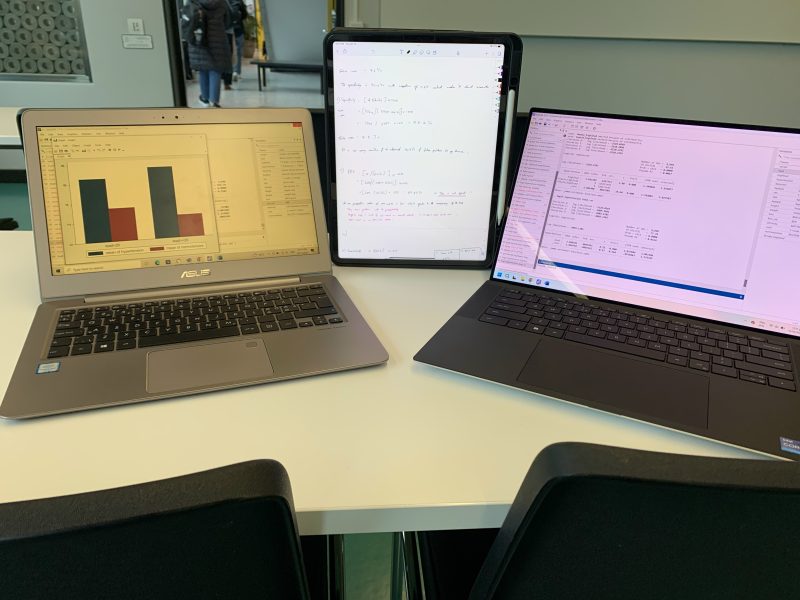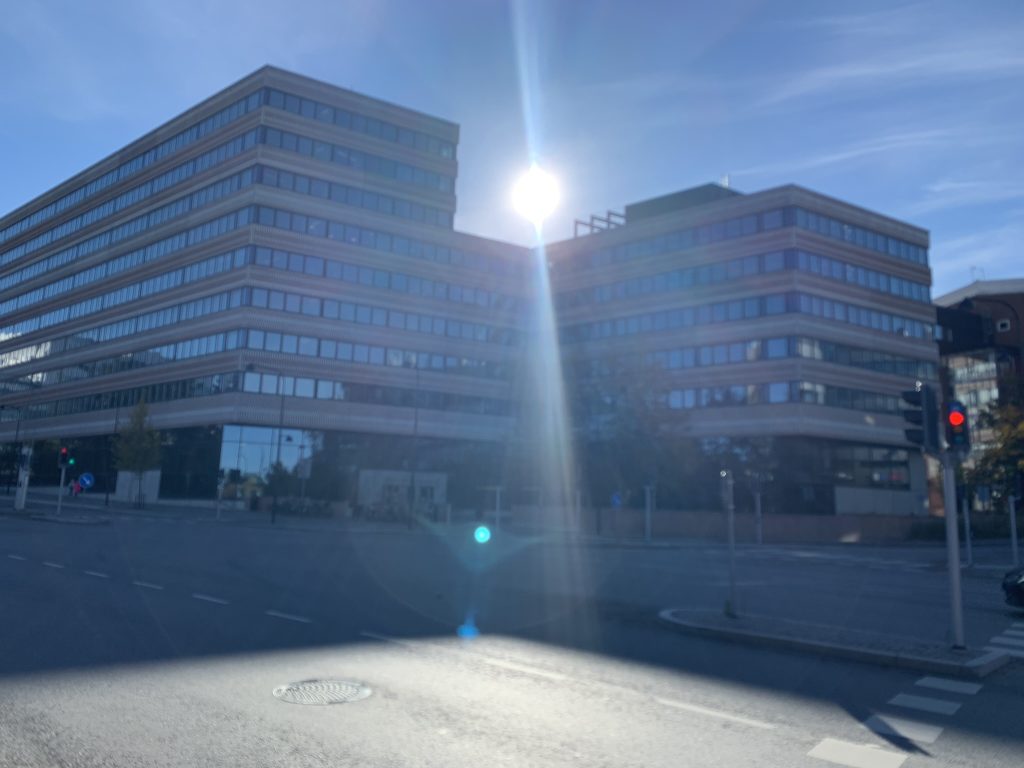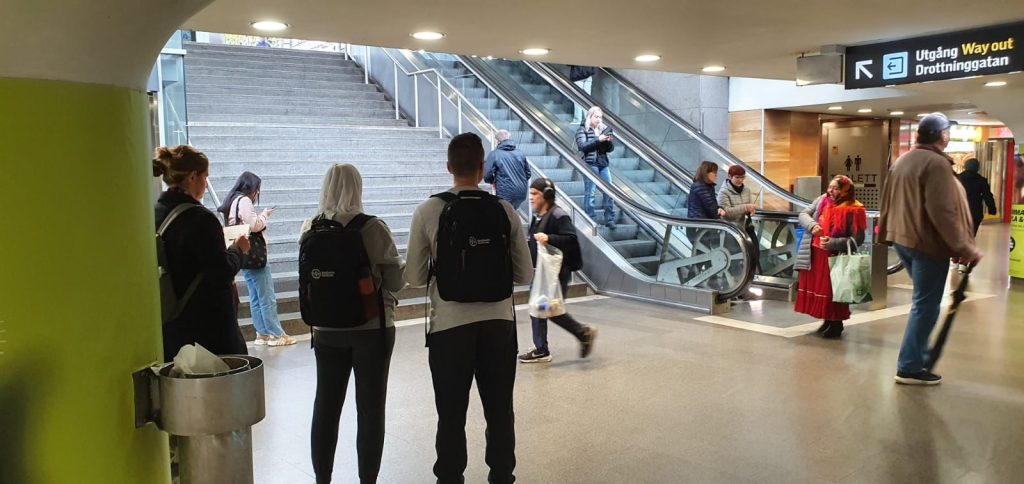
My first challenge in Global Health: Stata.
The first course in the MMSc. Global Health is Introduction to Global Health which was interesting and set at a good pace. The second course was Research Methodology where we learnt statistics, how to interpret data and use the programme Stata for the quantitative half of the course. While we did qualitative research methodologies for the second half which is where we learnt about focus groups and qualitative analysis.
The Prologue
So I got through to the Karolinska Institutet. Goal accomplished. Got the student’s visa and went through all of the hurdles. Great. Finally made it to Sweden and got over the whole jetlag dilemma. Amazing. School started and I met some pretty nice people. Awesome.

But let’s just circle back to that first month. I learnt that in Sweden the classes are different from what we are accustomed to in my country:
-At home, there are 6 courses per semester, where each class is about 1 to 2 hours per week (excluding labs) and then finals in December. Cool, I am accustomed.
-In Sweden, there is one class for 7 hours a day, for roughly 3-5 weeks and then an exam. Different, but I am loving the ability to focus on one subject.
In practice it was just as amazing, we had our first course: Introduction to Global Health. We had lectures, with some dynamic people from all over the globe. Each day was a new and even more interesting topic, and to top it off our lecturer was with us every step of the way. At this point, I thought that this was THE most amazing school, with THE best programmes and everything will be all sunshine and rainbows.
Then came Stata.
The Interlude
Stata
noun [Stay-da/ Stah-da]
A computer programme created to make students cry.
I should have just ended there, and saved you all from the fate that I, myself did not know was coming.
The Main

And along came Stata. That is not the name of the course, rather it was wrapped up in a much more interesting cloth when it was presented: Research Methodology Don’t get me wrong, the statistic and epidemiology parts of the course are amazing. But Stata.
Anyway, I had the most wonderful first day of this new course, we got the classes mixed up, had the jolliest person come to get us. Then starting off with a fun warm up quiz. It was a bright sunny day and all of us was there, having fun with our lectures, the way that we had become accustomed to, in beautiful, lovely Sweden. At that time I thought, that this is how it always would be. I would graduate with all of my friends, having had the best, most easy year of my life.
Then Stata hit me in the face like a ton of bricks.
Interlude….Again
One of the rules that we learn in advanced writing, especially as a native English speaker, is to not use clichés. Fine, I get that. But I am not an English major or I would not be here. In fact, now that I have been through Stata I do not mind switching to a literary career, but now that I can semi-code like a cool imaginary hacker (or not) I am dedicated to this. So I was hit….hard!
The Continuation
You might be wondering, what is this Stata? It is simply a programme like something called R that epidemiologists use which is a computer language. I think. I do not know. Again, if I was a programmer, I once again would not be here. And after Stata I know that I would rather stare at trees for a living.
Anyway, after some recommendations by the students from last year we were quickly introduced to Stata. This was a really good choice. However, gone were the days of sunshine, happy laughs and sitting around with peers for discussion. Suddenly for me, it was about getting from one Stata day to the next, collapsing after 8 hours of maths and coding (yes the hours are longer now) had been pushed into my brain. Going home, then getting up to do it all over again while wondering how everyone else was getting this. Meanwhile, both of our dedicated lecturers came every morning with the easiest strategies and most fun quizzes to help us understand how to use the data programme. However, I am not genetically wired to understand code.
So yes, Stata might hate me, and I hate it back equally. But even though the days of sunshine are long gone, I still get a few rays when a code that I worked on painstakingly for 15 minutes, finally generates because I changed a capital T to a common t.
Epilogue
For the qualitative part of the course which I must mention, we did not have to work with Stata anymore. We were instead given practical work to do and some workshops. This meant that the mornings were spent in theory and in the afternoons we were sent into the field to apply what we learnt. It was again a normal workload, each workshop was fun and we were allowed to choose any creative topic that came to mind. Also, the ability to apply practical knowledge really connected the theoretical parts together making it an overall amazing course.

Zaynab - Global Health
Hi, my name is Zaynab and I am from Trinidad and Tobago, a country in the Caribbean. I am currently studying a Master’s in Global Health here at KI and am a blogger for the DA team. I look forward to sharing my experiences at KI and I also hope to expose students from the Caribbean to university life here in Sweden.

1 comments